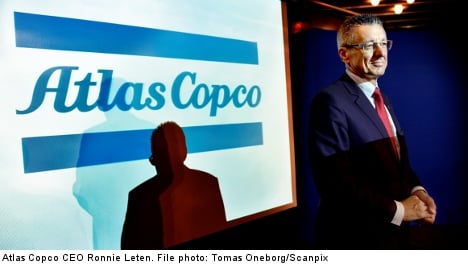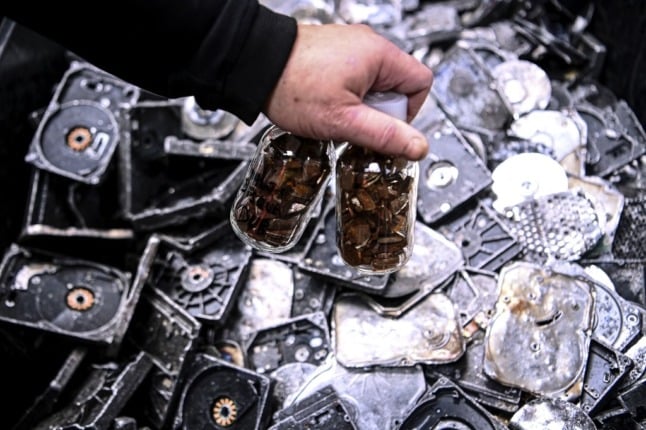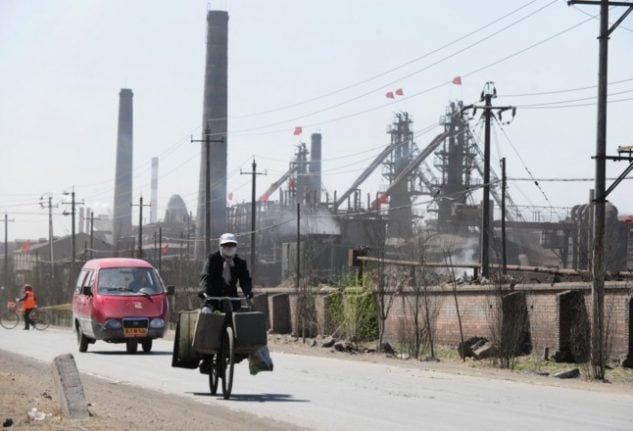The equipment includes face drilling rigs as well as loading and hauling machines, the company said in a statement. The order follows the first business tie-up between the two companies inked in May 2013.
The order will be delivered in 2013 to India, with equipment set to be used in the Zawar and Kayad mines in northwestern India.
Mother company Vedanta Resources produces zinc, lead and silver, and has invested in new technology to increase productivity “with a continued focus on environmentally-friendly technology”, the statement said.
“We share a valuable partnership with Vedanta, and this repeat order underlines our strong focus on customer satisfaction and ability to deliver products and solutions that boost customer productivity,” Atlas Copco spokesman Bob Fassl said.
The Stockholm-based company has 39,800 employees world-wide.
The Local/at




 Please whitelist us to continue reading.
Please whitelist us to continue reading.
Member comments